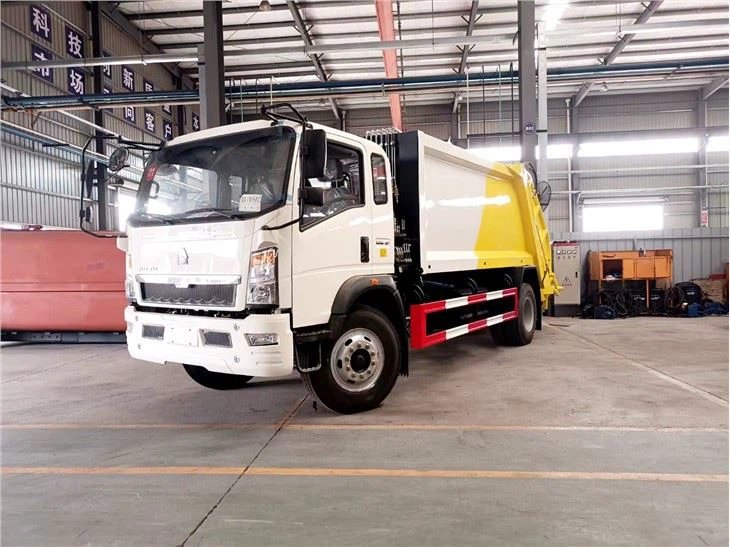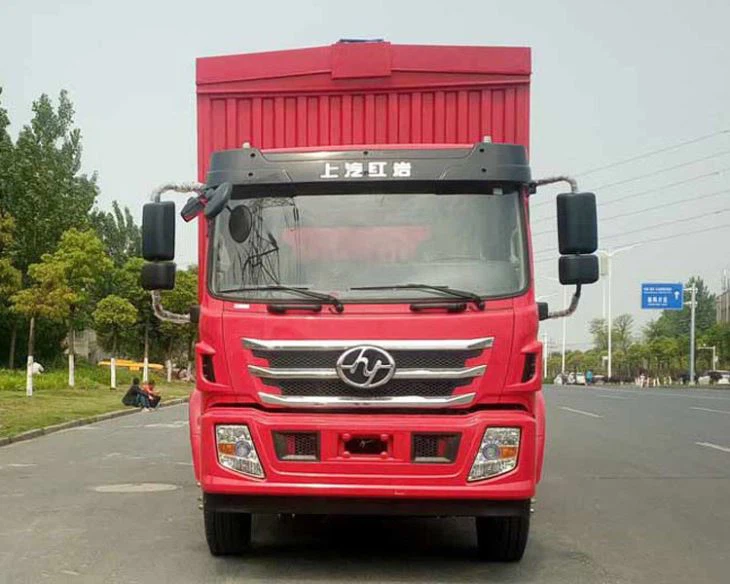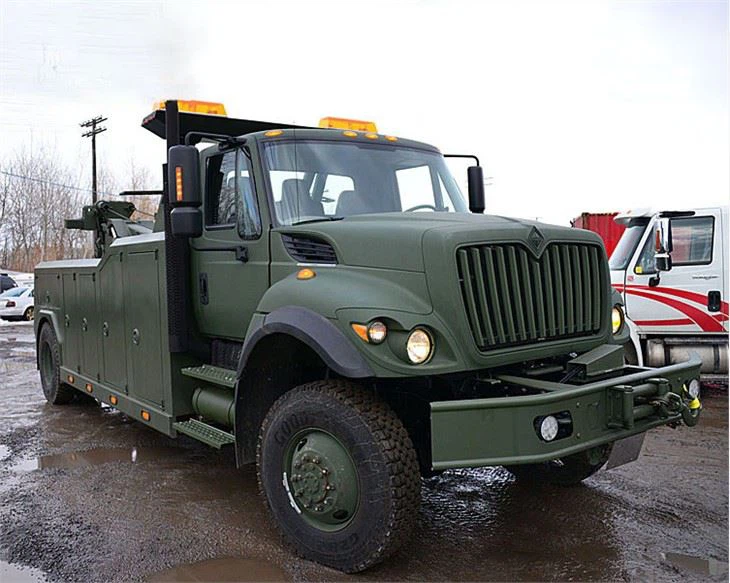CNG Trucks for Sale: A Comprehensive Guide

Compressed Natural Gas (CNG) trucks are becoming an increasingly popular choice for businesses seeking a more sustainable and cost-effective transportation solution. This guide will cover everything you need to know about purchasing a CNG truck, including benefits, types available, pricing, and where to find them. Whether you are looking for new or used CNG trucks for sale, we have got you covered.
Understanding CNG Trucks

What is CNG?
Compressed Natural Gas (CNG) is a type of fuel that is made from natural gas, which is primarily composed of methane. When compressed, it can be stored in high-pressure tanks, making it an efficient alternative to gasoline or diesel fuels.
Benefits of CNG Trucks
- Environmental Impact: CNG trucks produce significantly fewer emissions, contributing to cleaner air.
- Cost Savings: CNG is generally cheaper than gasoline and diesel, leading to reduced fuel costs over time.
- Energy Independence: Using domestic natural gas can reduce reliance on foreign oil.
- Incentives: Many governments offer tax breaks and incentives for using CNG vehicles.
Types of CNG Trucks Available
Light-Duty CNG Trucks
Light-duty CNG trucks are a great option for small to mid-sized businesses. They typically have lower payload capacities but are ideal for urban deliveries and short-haul transport.
Medium-Duty CNG Trucks
These trucks are suitable for a variety of applications, including regional transportation and utility work. They offer a balance between payload capacity and fuel efficiency.
Heavy-Duty CNG Trucks
Heavy-duty CNG trucks are designed for long-haul transportation and can carry significant loads. They often have larger fuel tanks to accommodate longer distances between filling stations.
Comparison of Truck Types
| Type | Payload Capacity | Best Use |
|---|---|---|
| Light-Duty | Up to 6,000 lbs | Urban Deliveries |
| Medium-Duty | 6,001 – 26,000 lbs | Regional Transport |
| Heavy-Duty | Over 26,000 lbs | Long-Haul Transport |
Prices of CNG Trucks
New CNG Truck Prices
The price of a new CNG truck can vary widely based on the make, model, and features. On average, a new light-duty CNG truck may cost between $25,000 and $40,000, while heavy-duty models can range from $100,000 to $150,000.
Used CNG Truck Prices
Used CNG trucks are available at a lower price point, depending on their condition, mileage, and age. Typically, you can expect to pay between $15,000 and $60,000 for a used CNG truck.
Pricing Comparison Table

| Type | New Price Range | Used Price Range |
|---|---|---|
| Light-Duty | $25,000 – $40,000 | $15,000 – $25,000 |
| Medium-Duty | $50,000 – $80,000 | $30,000 – $50,000 |
| Heavy-Duty | $100,000 – $150,000 | $60,000 – $100,000 |
Where to Find CNG Trucks for Sale
Dealerships
Many dealerships specialize in alternative fuel vehicles, including CNG trucks. These dealerships often provide warranties and financing options, making them a convenient choice for buyers.
Online Marketplaces
Websites such as eBay Motors, Craigslist, and specialized truck sales websites can be great sources for CNG trucks—both new and used. Be sure to check seller ratings and reviews when buying online.
Auction Sites
Government surplus auctions and industrial equipment auctions often have CNG trucks available at competitive prices. Consider attending these events if you want to find a good deal.
Financing Options for CNG Trucks
Bank Loans
Traditional bank loans can help you finance your CNG truck purchase. Be sure to shop around for the best rates and terms.
Leasing
Leasing is another option that allows you to use a CNG truck without the full upfront cost. Consider this route if you plan to upgrade to newer models in the future.

Government Grants and Incentives
Many governments offer grants and incentives to encourage the use of CNG vehicles. Research local, state, and federal programs that may apply to your purchase.
Maintenance and Care for CNG Trucks
Regular Maintenance Schedule
Maintaining a CNG truck is similar to that of a diesel or gasoline truck, but there are specific components that require special attention:
- Fuel System Inspection: Regularly check the fuel system for leaks or wear.
- Engine Checks: Maintain regular oil changes and filter replacements.
- Tire Care: Ensure tires are properly inflated and rotated as needed.
Common Issues and Solutions
While CNG trucks are generally reliable, you may encounter some issues. Here are a few common problems and their solutions:
- Fuel System Leaks: Immediate inspection and repair are necessary to prevent hazards.
- Inefficient Fuel Usage: Ensure the fuel system is clear and check for blockages.
Conclusion
Whether you’re a business owner seeking to reduce fuel costs, emissions, or both, CNG trucks present a versatile and eco-friendly solution. With various options for purchase, financing, and maintenance, the transition to a CNG fleet is a viable choice in today’s market.
FAQ
1. What is the average lifespan of a CNG truck?
CNG trucks typically have a lifespan similar to traditional gasoline and diesel trucks, ranging from 10 to 15 years, depending on maintenance and usage.
2. Are CNG trucks more expensive than diesel trucks?
Generally, CNG trucks may have a higher initial purchase price, but the low cost of CNG fuel and potential tax incentives can compensate for this in the long run.
3. Can I convert my existing diesel truck to CNG?
Yes, there are conversion kits available that can turn diesel trucks into CNG-powered vehicles, but it’s essential to consider the cost and feasibility of such a project.
4. How do I find CNG refueling stations?
Several websites and mobile apps are available to help locate CNG refueling stations, including the U.S. Department of Energy’s Alternative Fuels Data Center.
5. What are the safety considerations for CNG trucks?
CNG is considered safe, but regular maintenance and inspections of the fuel system are critical. Operators should also be trained in emergency procedures involving CNG.
6. Are there tax benefits for using CNG trucks?
Many governments offer tax credits, deductions, or grants to encourage the use of alternative fuels, including CNG. Check with local authorities for specific benefits available in your area.
